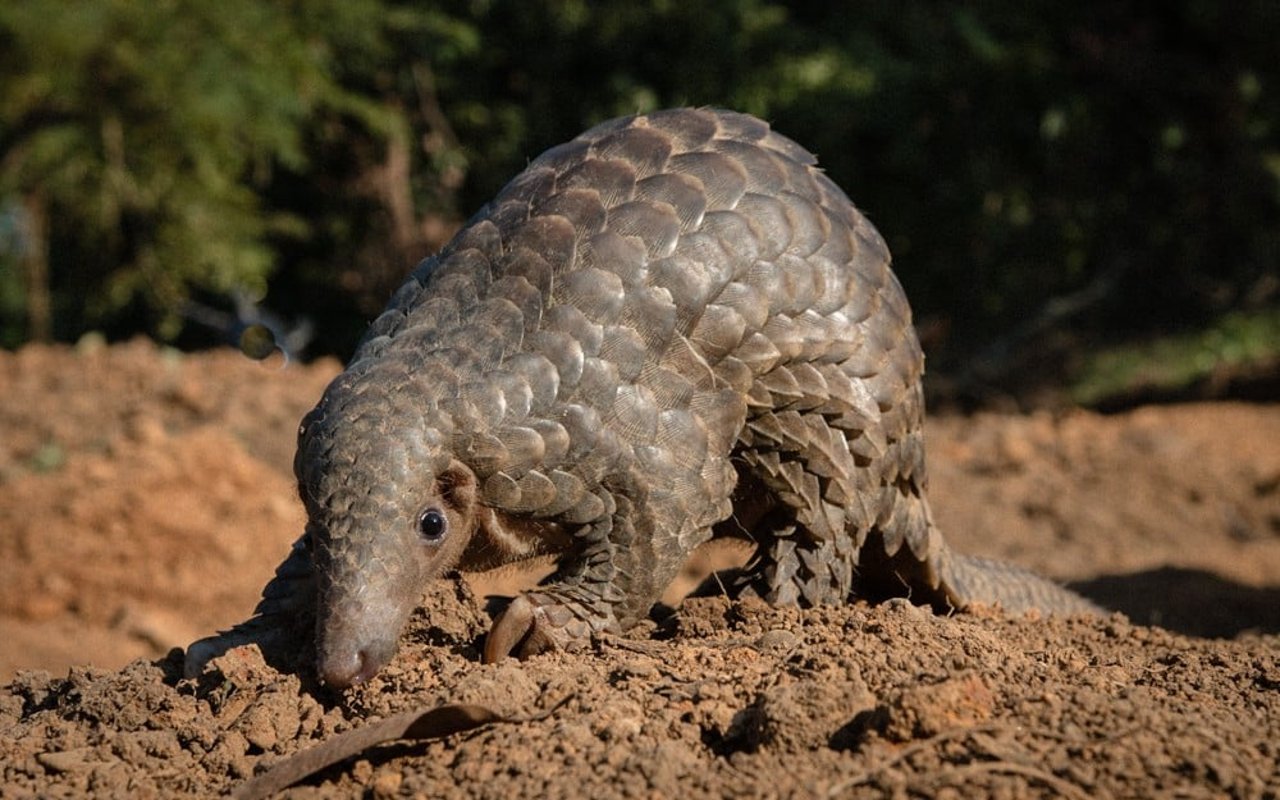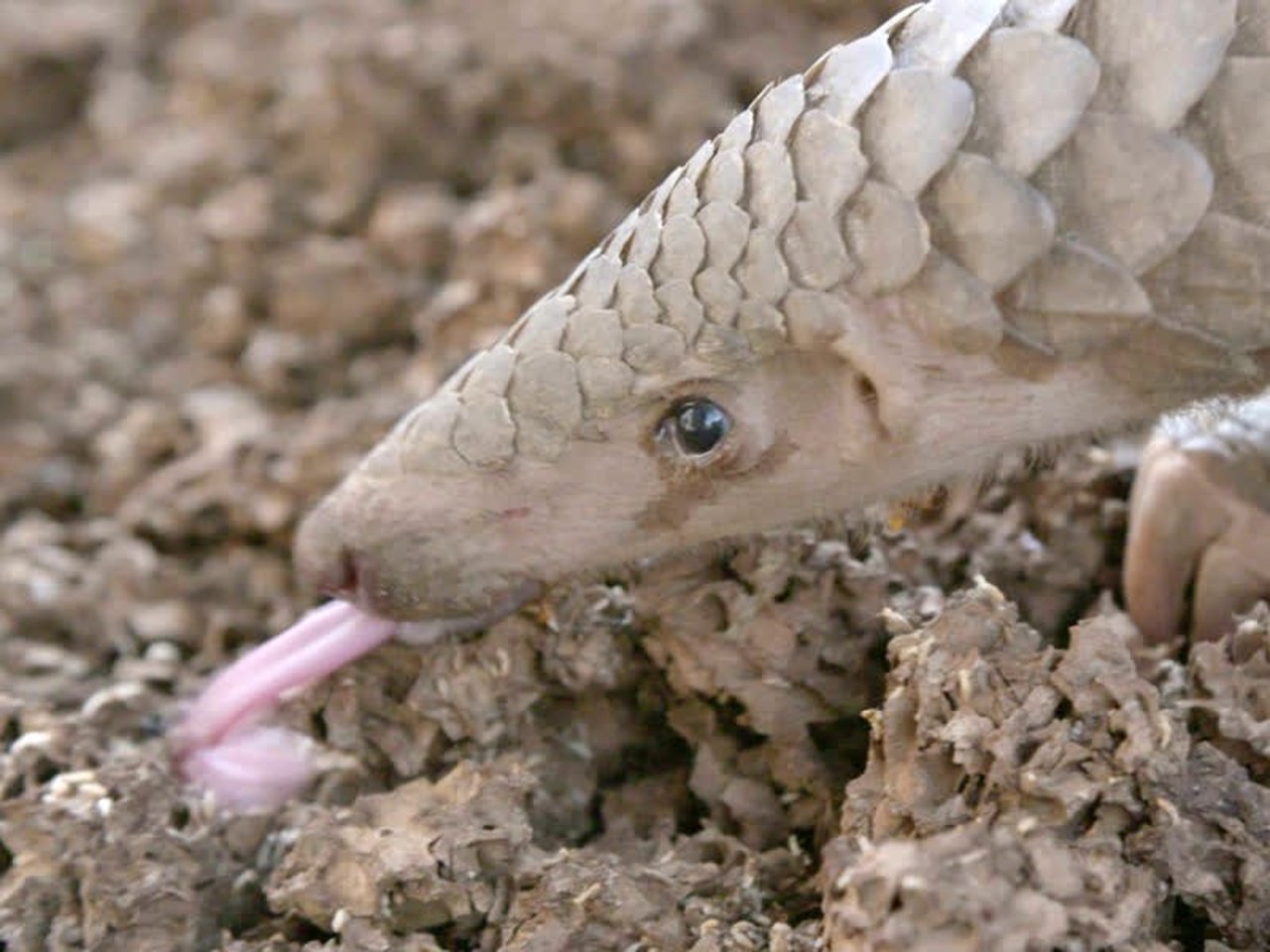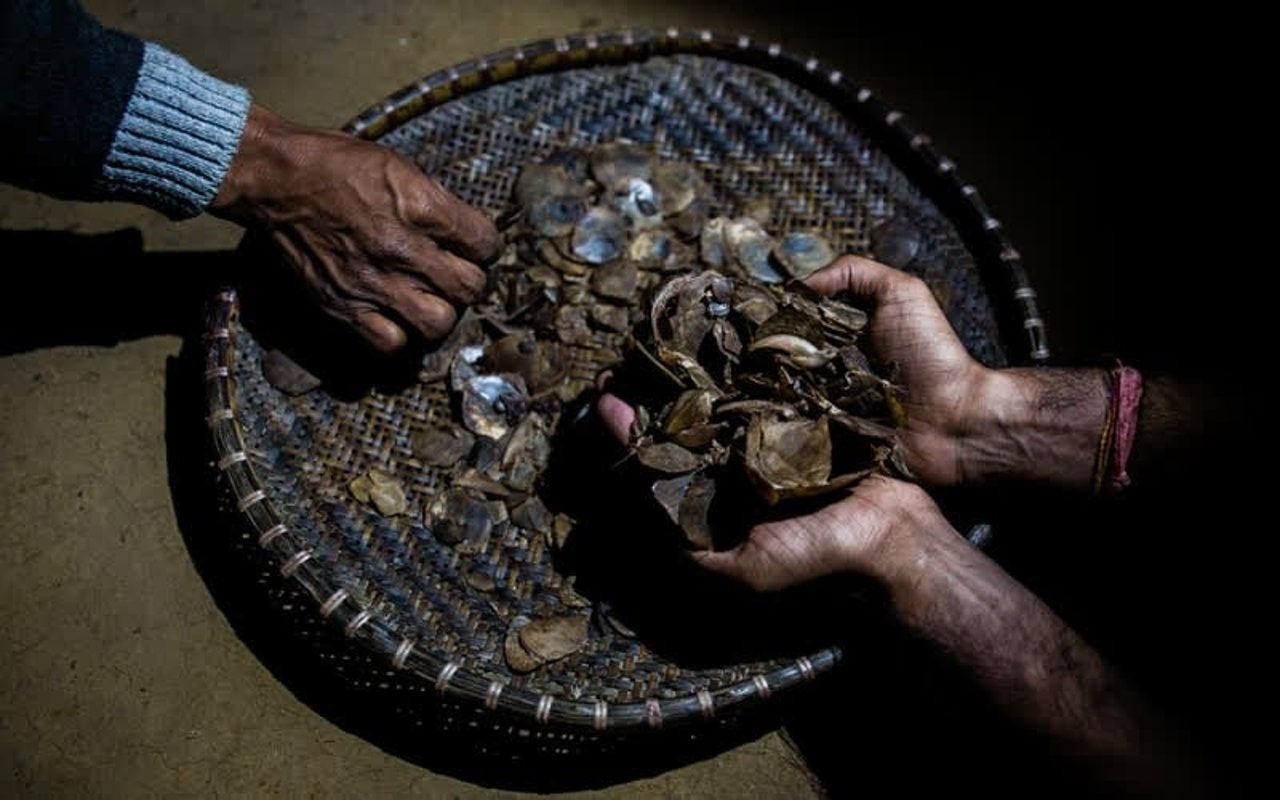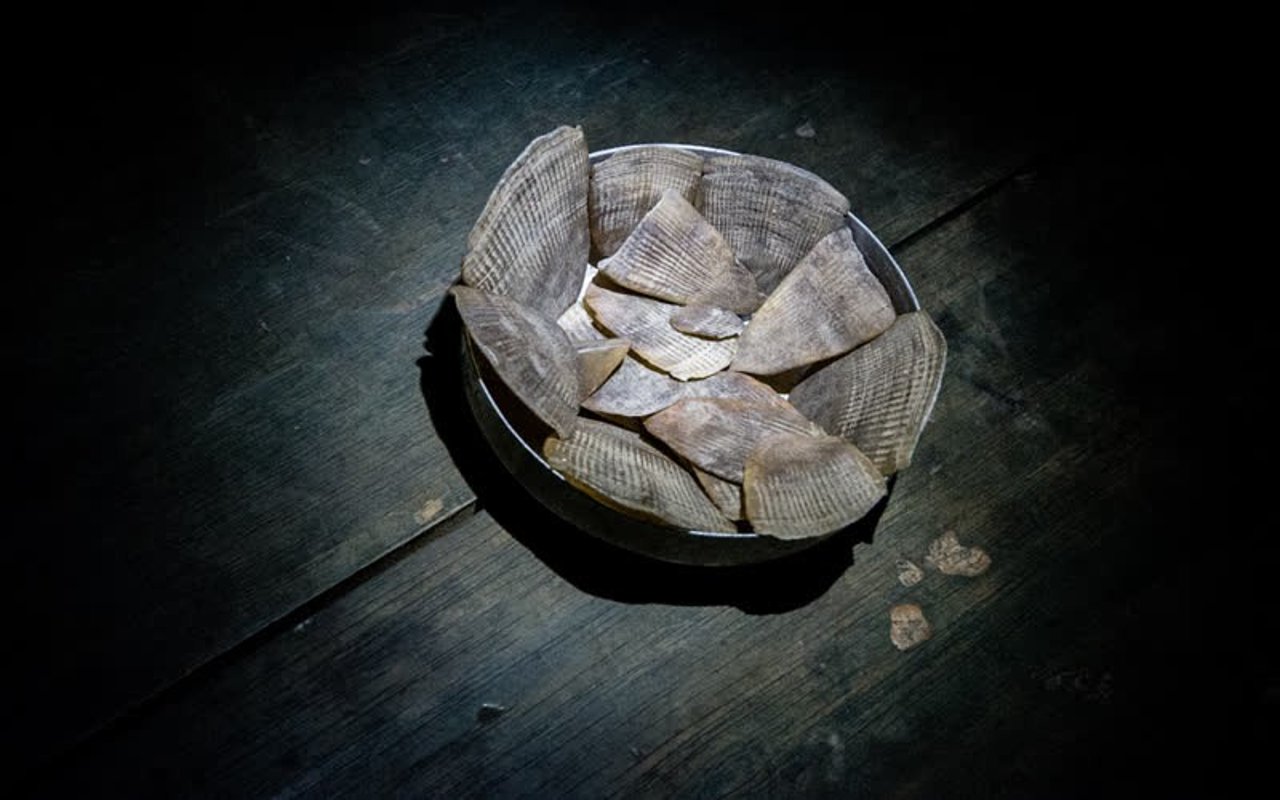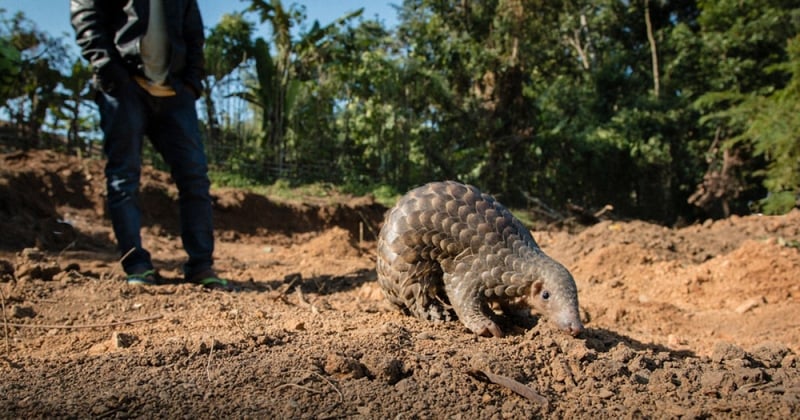
Raising awareness of the plight of Pangolins on #WorldPangolin Day
Blog
World Pangolin Day provides an opportunity to learn more about these interesting animals and the state of their survival in the wild.
Considered a delicacy in some countries with body parts thought to be a cure for aliments in unproven traditional Asian medicine, pangolins have earned the unfortunate title of the world’s most illegally trafficked mammal.
What are pangolins?
If you do not know what pangolins are, you are not alone, but these unique creatures have existed for approximately 80 million years.
There are eight species of pangolins (four Asian and four African), and they can be found in 51 different countries, living in trees or burrows.
Pangolins are shy, solitary, and nocturnal. Using their long snouts and tongues, they can feed on up to 70 million insects every year, which makes them very valuable members of the ecosystem because they are natural pest controllers.
Of all their traits, perhaps the most unique is that they are they are the only scaled mammal in the world.
Unfortunately, these scales, designed to protect them from predators, are unable to protect them from the cruelty that is being inflicted on them by humans.
What is happening to them?
Pangolins are being brutally poached at an alarming rate.
In a typical scenario, pangolins hide from hunters in trees and are tugged down or smoked out with fires. As pangolins suffocate and lose consciousness, they run for their freedom, but are captured and shoved into bags.
Pangolins will coil up as a defense mechanism from natural predators, but poachers, armed with machetes, bludgeon them until they are motionless.
While bleeding, pangolins are then thrown into a pot of boiling water and boiled alive until they are dead.
Side note: If you’re having trouble processing these disturbing images, trust me, you’re not alone.
Why are they being poached?
The demand for pangolin scales for use in traditional Asian medicine is skyrocketing.
As detailed in our recent report Suffering at scale, we’ve uncovered that more than one million pangolins are believed to have been killed and traded between 2000 - 2013.
Between 2010 – 2015, there were 1,270 seizures in 67 countries and territories across 6 continents. This involved 120 tons of pangolin body parts (over 7,000 parts), scales (over 5 thousand scales), and carcasses (over 46 thousand), according to CITES.
But what does the science say?
Despite such demand, there is no scientific evidence that pangolin scales offer any medicinal value.
In fact, pangolin scales are made of keratin, the same material that human fingernails are made of. Consuming these scales offers the same benefit as biting and consuming your own nails, none.
What we’re doing to save pangolins
The the commercial trade of pangolin parts is forbidden under CITES as of 2016. Despite such restrictions, the demand for these parts continues to rise, putting worldwide pangolin populations at risk.
To combat this global trade and prevent protect the world’s pangolins, we’re calling for:
- Stronger enforcement of national and international laws
- Removal of pangolins from the Pharmacopoeia of the People’s Republic of China – the traditional medicine handbook for the industry
- Investment in and promotion of herbal and synthetic alternatives
- Combined and coordinated efforts by governments, NGOs and the traditional Asian medicine community to eliminate consumer demand for pangolin-based traditional Asian medicines, particularly in China and Vietnam
- Support for alternative livelihoods, alleviation of poverty and education programs within rural communities wherever pangolins are found globally, to stop the slaughter.
Pangolins are on the brink of extinction. But possibly even more sickening, is the cruelty that is often inflicted on these gentle creatures before they are killed.
